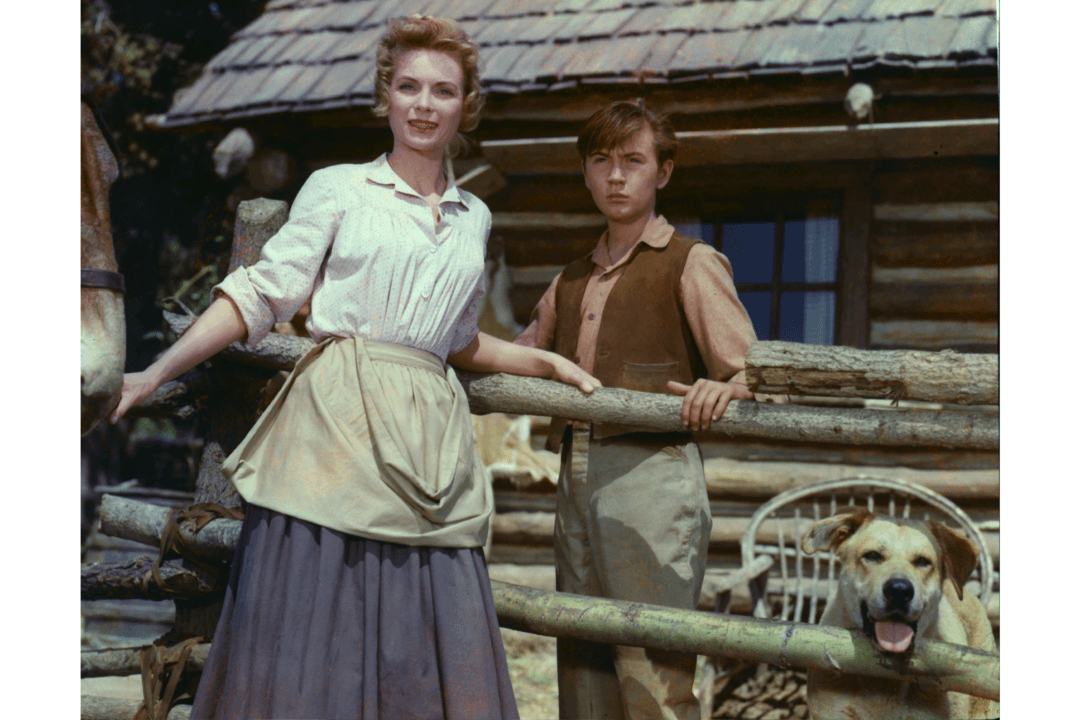NR | 1h 23m | Drama | 1957
Director Robert Stevenson’s coming-of-age film about a boy and his beloved dog in 1860s Texas draws on a children’s novel by Fred Gipson of the same name.

NR | 1h 23m | Drama | 1957
Director Robert Stevenson’s coming-of-age film about a boy and his beloved dog in 1860s Texas draws on a children’s novel by Fred Gipson of the same name.